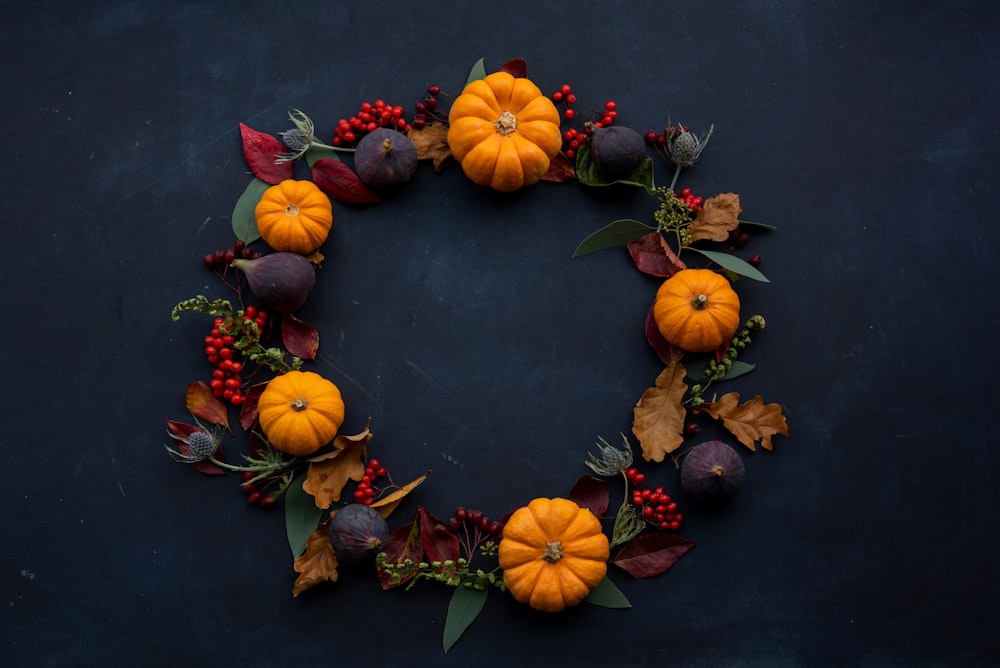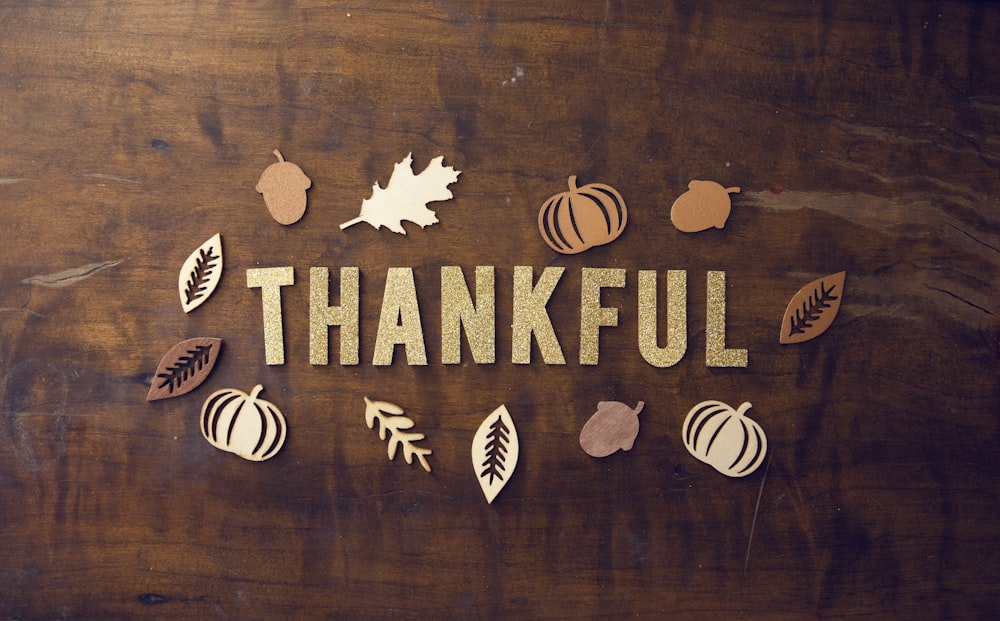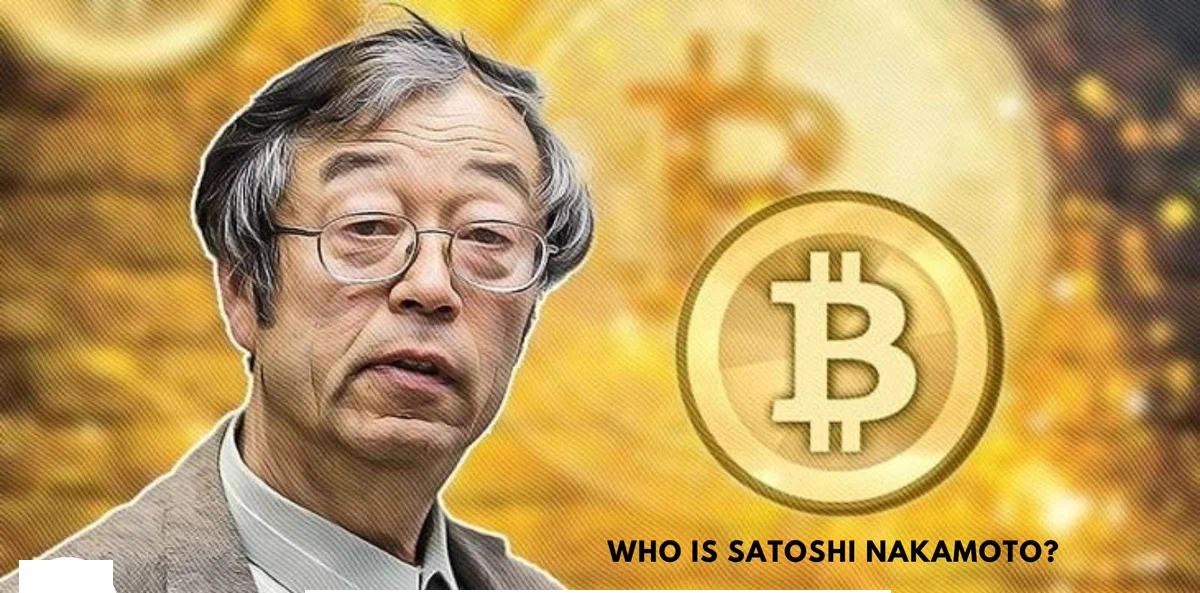Thanksgiving is a cherished holiday in the United States, celebrated on the fourth Thursday of November each year. Beyond being a day of feasting and gratitude, it holds a rich history that dates back to the early 17th century. In this article, we will explore the origins of Thanksgiving, the reasons behind its inception, its cultural impact, and its integration into American society.
Lets take a walk tour on the story of thanksgiving , a time honored tradition to america
The Origins of Thanksgiving
The roots of Thanksgiving can be traced back to the autumn of 1621 when Pilgrims and Native Americans came together for a three-day feast. The Pilgrims, who had sailed from England aboard the Mayflower and landed at Plymouth Rock in what is now Massachusetts, faced a challenging first winter. With the help of the Wampanoag people, they learned essential skills for survival, such as cultivating crops and hunting.
In gratitude for the assistance and a bountiful harvest in the fall of 1621, the Pilgrims organized a feast to express their appreciation. This gathering is often considered the first Thanksgiving, marking a moment of unity and cooperation between the European settlers and the indigenous people.
Evolution of Thanksgiving
While the 1621 feast laid the foundation for Thanksgiving, the holiday didn't become an annual tradition immediately. It wasn't until the 19th century that Sarah Josepha Hale, a prominent writer and editor, advocated for a national Thanksgiving Day. Hale believed that a day dedicated to gratitude and reflection could help unify the country during times of division, such as the Civil War.
In 1863, President Abraham Lincoln heeded Hale's call and proclaimed Thanksgiving a national holiday, setting the date as the final Thursday in November. The timing was significant as it coincided with the traditional time of harvest in many parts of the country.
What is this Thanksgiving and what does it really mean?

Thanksgiving, as a national holiday with its specific historical context, is primarily celebrated in the United States. However, the idea of expressing gratitude and celebrating the harvest season is not unique to the U.S., and similar celebrations can be found in other cultures and countries.
1. Similar Celebrations in Other Countries:
- Canada: While not exactly the same day, Canada also celebrates a Thanksgiving holiday, typically on the second Monday in October. The Canadian Thanksgiving has similarities to the American version, focusing on giving thanks for the harvest and blessings of the past year.
- Liberia: Thanksgiving is celebrated in Liberia, but the date and context differ. It commemorates the arrival of freed American slaves in Liberia and is celebrated on the first Thursday of November.
2. Religious Connections:
- While Thanksgiving in the United States is not a religious holiday in the sense of being tied to a specific religious event, it has some religious undertones. The early Pilgrims who celebrated the first Thanksgiving were Puritans, a group of English Protestants who sought to purify the Church of England. Their gratitude for a bountiful harvest was expressed in a religious context, thanking God for their survival and the assistance of the Native Americans.
3. Cultural Impact:
- Thanksgiving has a profound impact on individuals and communities in the United States. It serves as a time for families to come together, express gratitude, and enjoy a shared meal. The holiday fosters a sense of community, as people often engage in charitable activities, volunteering at food banks, and helping those in need.
- The impact extends beyond the borders of the United States. The global reach of American culture, including movies, television, and media, has led to Thanksgiving being recognized and even celebrated in various ways in other countries. Some people around the world, influenced by American culture, may host their own Thanksgiving gatherings or events.
4. Key Figures in Establishing Thanksgiving as a National Holiday:
- Sarah Josepha Hale was a key figure in advocating for Thanksgiving to become a national holiday. As the editor of Godey's Lady's Book in the 19th century, she wrote numerous editorials and letters to influential politicians, including several U.S. presidents, urging them to establish Thanksgiving as a national holiday. President Abraham Lincoln eventually heeded her advice, proclaiming Thanksgiving a national holiday in 1863.
5. Global Impact:
- The global impact of Thanksgiving is seen in various ways. The holiday has become an element of American soft power, shaping perceptions of American culture worldwide. Media coverage of the Macy's Thanksgiving Day Parade and the National Thanksgiving Turkey Presentation, where the U.S. president pardons a turkey, is broadcast internationally, contributing to the global awareness of the holiday.
- Additionally, the themes of gratitude and communal celebration inherent in Thanksgiving are universal concepts that resonate with people around the world. While not everyone celebrates Thanksgiving in the same way, the idea of expressing thanks and coming together for a communal meal is a sentiment that transcends cultural boundaries.
In summary, while Thanksgiving is a distinctly American holiday with historical and cultural roots in the United States, its themes of gratitude and harvest celebrations have parallels in other cultures and countries. The impact of Thanksgiving goes beyond national borders, influencing global perceptions of American culture and resonating with universal values.
Thanksgiving's Cultural Impact
Over the years, Thanksgiving has evolved into a multifaceted celebration, incorporating various traditions and customs. The iconic Thanksgiving meal, featuring roasted turkey, stuffing, cranberry sauce, and pumpkin pie, has become a symbol of the holiday. Parades, football games, and the annual presidential turkey pardon have also become integral parts of the Thanksgiving experience.
Beyond the festivities, Thanksgiving has played a role in shaping American cultural identity. It emphasizes the values of gratitude, unity, and community, fostering a sense of togetherness among diverse groups. Families gather to share a meal, reflecting on the blessings of the past year and expressing thanks for the abundance in their lives.
Integration into American Culture

As Thanksgiving became a national holiday, it became deeply ingrained in American culture. Families across the country embraced the tradition of gathering for a Thanksgiving feast, often traveling long distances to be together. The day has also become an opportunity for communities to come together through charitable acts, with many organizing food drives and volunteer events to support those in need.
The Slogan "Happy Thanksgiving"
The phrase "Happy Thanksgiving" has become the customary greeting during this festive season. It encapsulates the spirit of the holiday, encouraging people to reflect on the positive aspects of their lives and express gratitude. Whether shared in person, over the phone, or through a greeting card, the sentiment of wishing someone a "Happy Thanksgiving" reflects the desire for joy, harmony, and appreciation.
Footnotes
Thanksgiving stands as a testament to the enduring spirit of gratitude and unity in American culture. From its humble beginnings in a 17th-century harvest feast to its status as a national holiday celebrated with feasts, parades, and family gatherings, Thanksgiving has become a cherished tradition. As the nation continues to evolve, the values of thankfulness and community fostered by Thanksgiving remain a source of inspiration and reflection for people across the United States.










